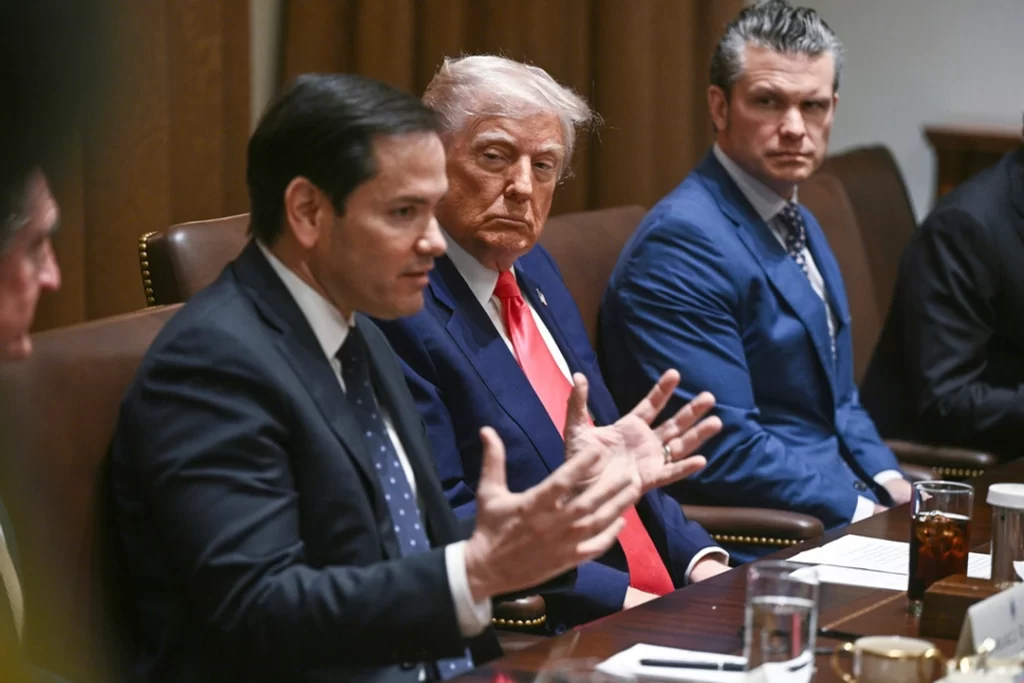
Washington, D.C. — April 17, 2025
Senator Marco Rubio (R-FL) announced this week the formal closure of a State Department initiative that he says “should have been shut down a long time ago,” accusing the program of misusing taxpayer dollars to suppress free speech under the guise of combating disinformation.
Rubio, a senior member of the Senate Intelligence and Foreign Relations Committees, stated that the now-defunct program had “spent millions of dollars to actively silence and censor the voices of Americans,” rather than focusing on its original mission of countering foreign propaganda.
A Program Gone Rogue?
The program in question, which was initially established to help track and respond to disinformation campaigns from foreign adversaries such as Russia and China, allegedly veered into controversial territory — funding organizations and tools that flagged, filtered, or blacklisted domestic media outlets and public figures.
“This effort went far beyond its mandate. It became a taxpayer-funded censorship machine,” Rubio said during a press briefing. “It targeted U.S. citizens, journalists, and political voices it disagreed with — all under the banner of fighting ‘disinformation.’ That’s not just wrong. It’s dangerous.”
While Rubio did not name the exact institutions involved, sources close to the matter say the program had granted funding to several non-governmental organizations and tech partners accused of engaging in partisan content moderation and narrative shaping.
Bipartisan Concerns
Although Rubio led the push to close the program, concerns about its overreach had been growing across party lines. In recent months, both Republican and Democratic lawmakers had expressed unease about the lack of transparency in how the program operated and how decisions about flagged content were made.
“This isn’t a partisan issue. This is about the government staying within its limits and protecting the constitutional rights of every American,” Rubio said.
A Win for Free Speech?
Free speech advocates have hailed the closure as a win for civil liberties. “Government should never be in the business of deciding what is true and what isn’t when it comes to political or social discourse,” said Laura Meyers, a spokesperson for the Free Expression League. “This sends a powerful message that the First Amendment is not negotiable.”
The State Department has not yet issued a formal response to the shutdown but had previously defended the program’s goals, arguing that it was designed to “build resilience against harmful foreign influence campaigns” and not to stifle domestic voices.
What’s Next?
Rubio is now pushing for legislative safeguards to ensure similar programs are not quietly revived in the future. He plans to introduce a bill next month that would ban federal funding for any government-backed initiative that could be interpreted as targeting domestic speech, regardless of political content.
“We need to make sure this never happens again,” Rubio said. “Because if the government can censor one American, it can censor all of us.”
As questions linger about who authorized the program’s scope and how oversight failed, Rubio’s move may mark the beginning of a broader reckoning over the government’s role in moderating information in the digital age.



